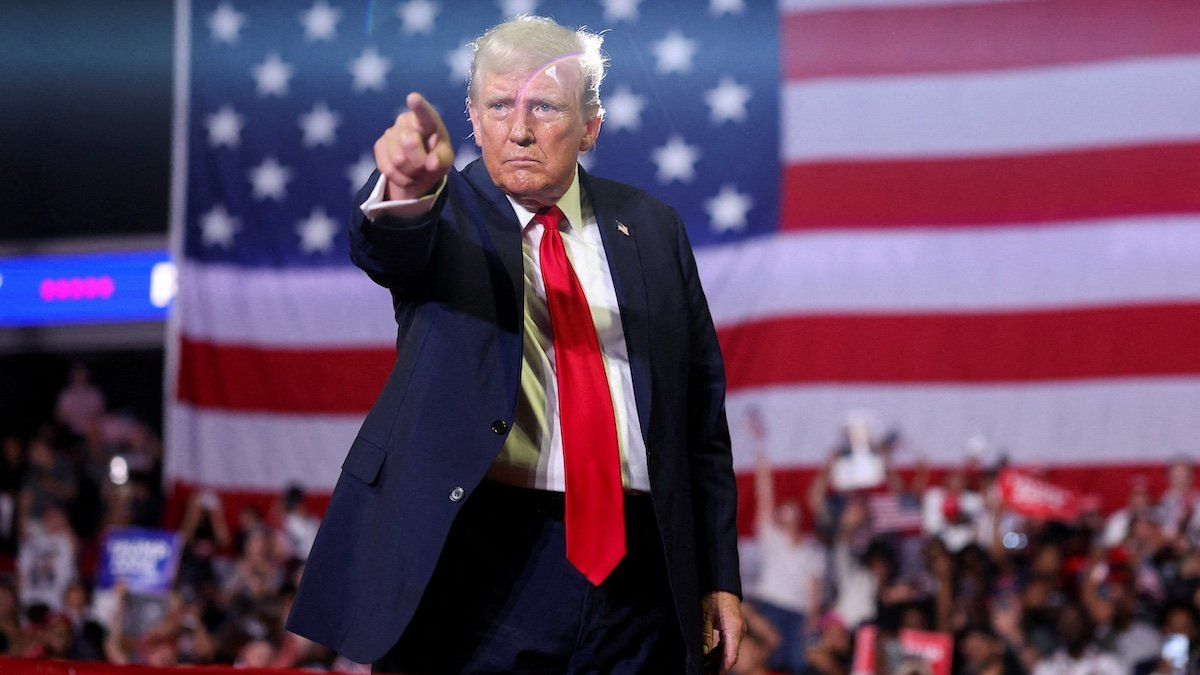As Thursday’s presidential debate in Atlanta looms, presumptive Republican nominee Donald Trump is actively courting Black voters. At a rally in Philadelphia on Saturday, the former president promised to get tough on crime and slammed “Joe Biden's open border” as “a disaster for our great African-American and Hispanic-American populations.”
Rep. Byron Donalds – a Black Republican representing Florida’s 19th district who has been touted as a possible Trump VP pick — told Fox News Sunday he thinks Trump could make major inroads in the community if he runs against Biden’s record. A recent CNN poll showed Trump’s support among the Black community tripling to 21%. Despitepolls showing Biden’s Black support shrinking, Democratic campaign co-chair Mitch Landrieu says there’s “no universe” in which Trump woos 21% of Black votes. Still, Landrieu’s team does seem worried: They recently launched Black Voters for Biden-Harristo shore up support.
Trump is imploring Evangelical voters to tick his box, but his refusal to promise a national abortion ban may hurt him. At a weekend event in Washington organized by the conservative Christian Faith and Freedom Coalition, Trump was met with chants of "No dead babies!” He managed to win the crowd back with comments about supporting the posting of the Ten Commandments in public schools, and by reminding the crowd of his appointments to the Supreme Court, which overturned Roe v. Wade in 2022.
For more on how America’s racial dynamics are playing out in the 2024 election, GZERO’s Bloc by Bloc series has you covered. Alex Kliment covers where the Latino vote is going below, and Riley Callanan has written more about Black voters here. 